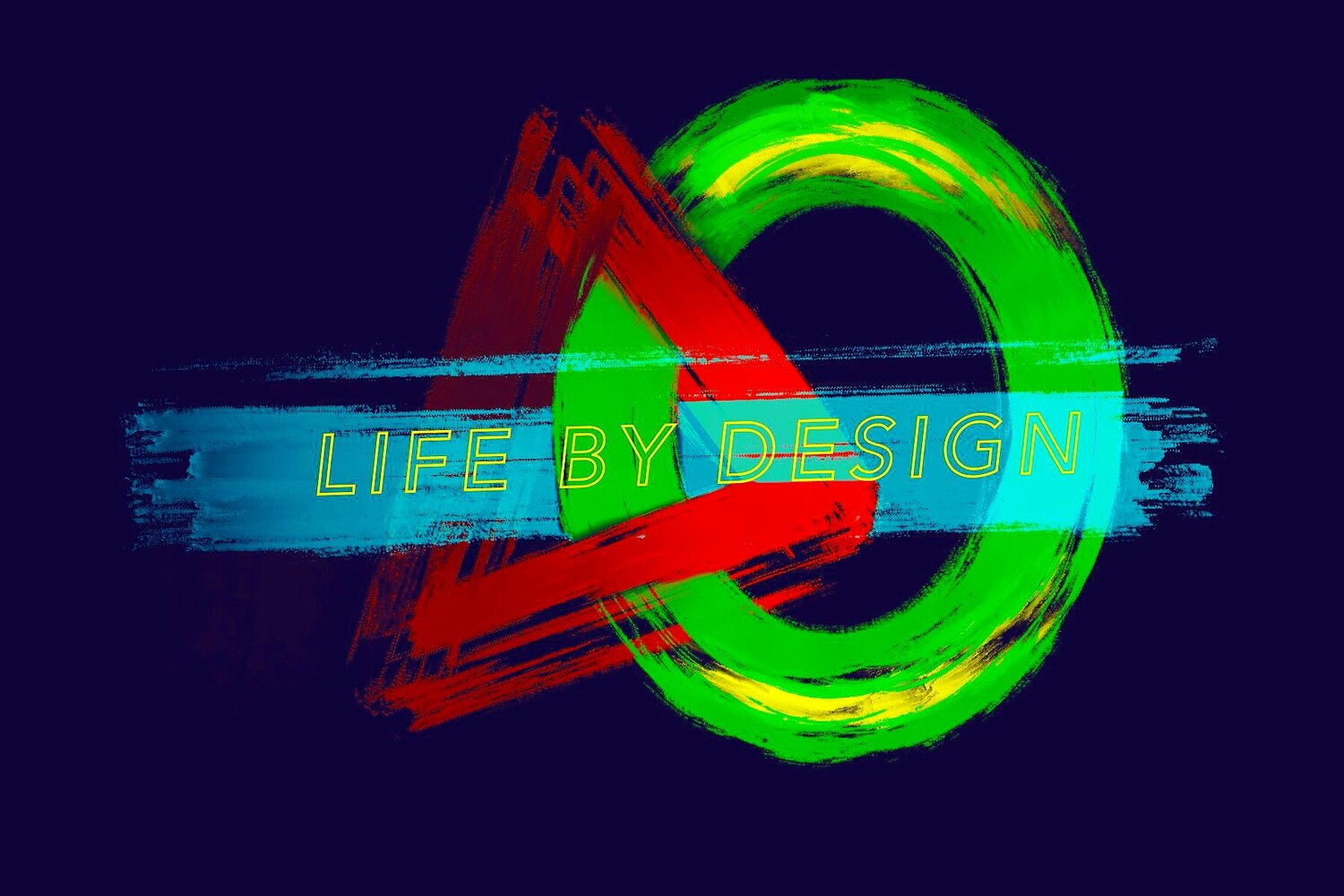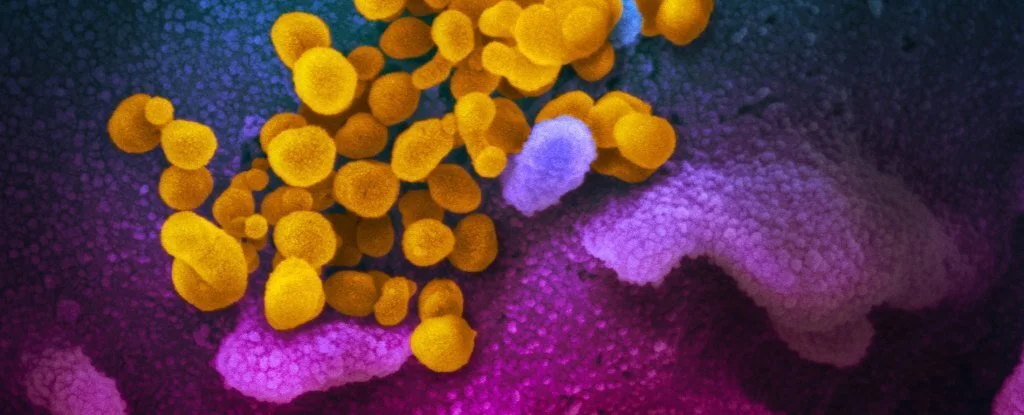Human response to natural disasters is fairly predictable and understandable. We get a forecast of a potential danger: A flood, tornado, earthquake, whatever. We prepare as best as we can either by leaving the area or staying put with needed supplies to ride it out and wait.
Then it comes, the roar and fury and the immense power of it tells us we are in the midst of a disaster! A heightened sense of anxiety hits us, adrenaline rushes and we ride the peak of the event to the other side. Once the disaster is over, sometimes hours later (as in tornados) or weeks later (like in the case of forest fires) we come out in to the light to assess the damage. Sometimes what we see bears no resemblance to what we had. We are shocked, confused, grief stricken and bewildered. But, we come together as humans, hug each other, console one another, help each other rebuild and sing and pray while we do so. Sure, it will take months, or even years—if ever—to rebuild, but hope is always at the tail end of all disasters. We have seen these scenes replay countless times either in person or on TV. And more than ever with increasing frequency. The field of mental health has studied the emotional and psychological responses to such traumas very well. There is a great deal of information available for understanding the emotional response to natural disaster. And, to some extent, and with some variability, these are the same to industrial or human-made disasters such as massive explosion, nuclear reactor leaks, etc.
But when it comes to COVID-19 all bets are off. Why? When an earthquake hits, or a tornado carves a path, a large number of people are affected immediately, severely and in very visible and tangible fashion. It is hard to miss the devastation. But COVID-19 is invisible both as a phenomenon and as an outcome to most of us. It is not an event, and we don’t personally see the effects of it unless someone close to us or ourselves have been affected directly. COVID-19 is a viral infection. We generally associate viral infections with a cold or a flu, so it doesn’t feel like a disaster. If we described tornados as strong circular wind we may not have the same emotional reaction to them because most of us have been through strong winds without being devastated. Also, we can’t see a virus or even feel it for quire a while after it invades us. The effects of an earthquake you can feel and see (chandeliers pendulum back and forth, stuff falls off the self, etc.) When COVID-19 hits, initially and for a lot of people its showed up as a cough, headache, temperature, shortness of breath and weakness. If you have allergies, you could think it’s the allergies acting up (until you get a fever), or you may write if off as a simple cold. If you have asthma or chronic bronchitis you may dismiss the symptoms for those preexisting problems. In other words, there is no pronounced disaster that can be immediately identified. This is like living next to the train track. You don’t react to every rumble as if it was an earthquake.
The the most impactful aspect of COVID-19’s effects is the quarantine. A quarantine is antithetical to human nature of coming together to support one another in ways most primates are accustomed to: Physical hugging, grooming and soothing one another and remaining close until we are whole. With COVID-19 we are prohibited from employing any of our natural coping mechanisms. We are imprisoned by an invisible enemy that may or may not cause us harm directly and yet with or without symptoms we suffer alone. This is why so many people are still not heeding the call to self-isolate. Not only for a vast majority this is simply not a practical possibility but it also goes against our grain in terms of responding to disasters. COVID-19 is literally the monster under the bed that kept us confined to our beds during the night.
COVID-19 has left us with a lot of uncertainty, blind anxiety, helplessness confusion and isolation. We are stripped of our natural defenses to cope with the slow-rolling disaster that may or may not affect us individually all the while we have to live as if it already has. We are paying the consequences for an event that has not happened yet, and we have to do so in isolation from humanity. This makes COVID-19 very different from any other disasters. We have to do the best we can but I have a feeling we will be studying the effects and consequences of this disaster for a long time to come.

